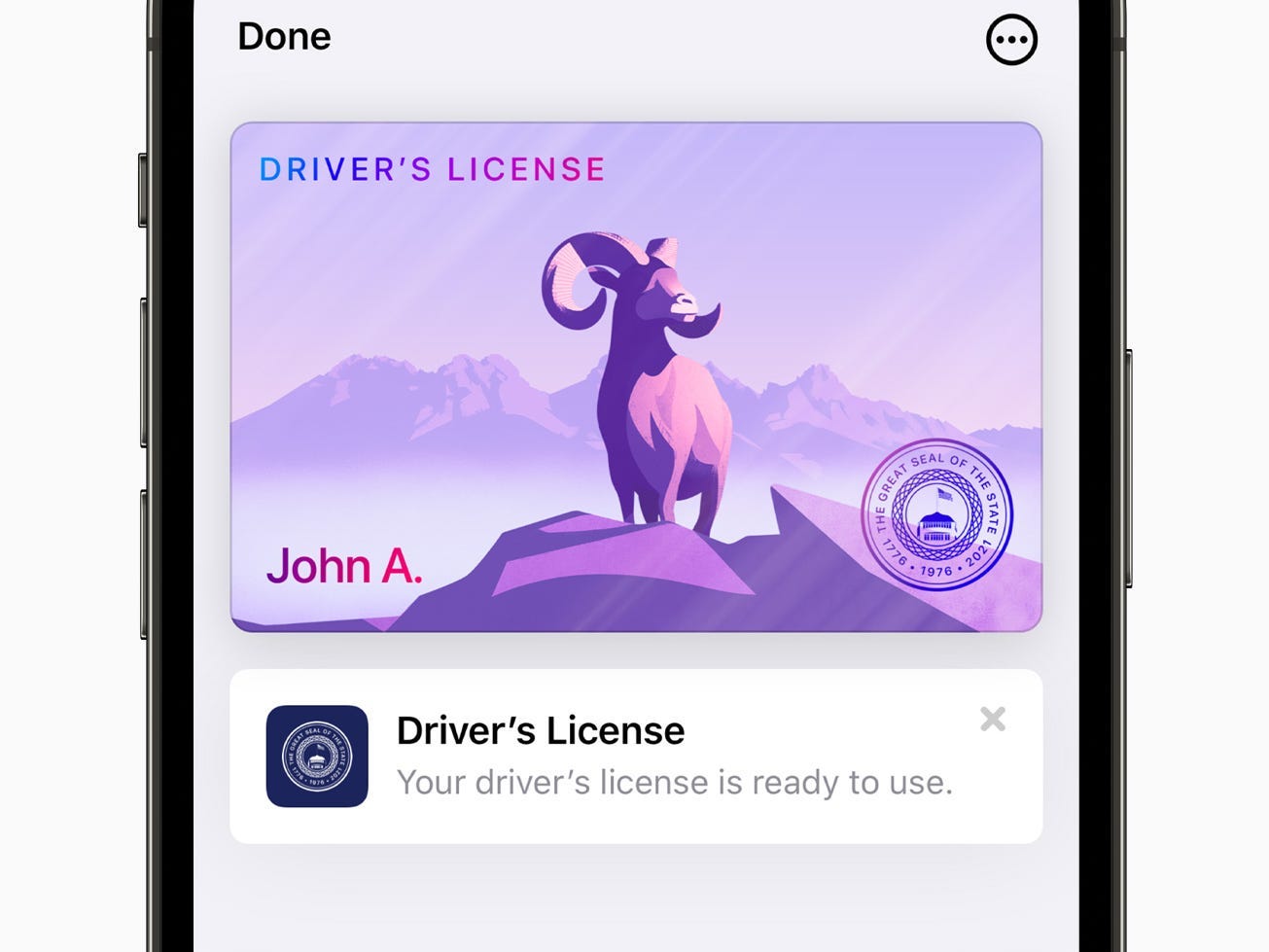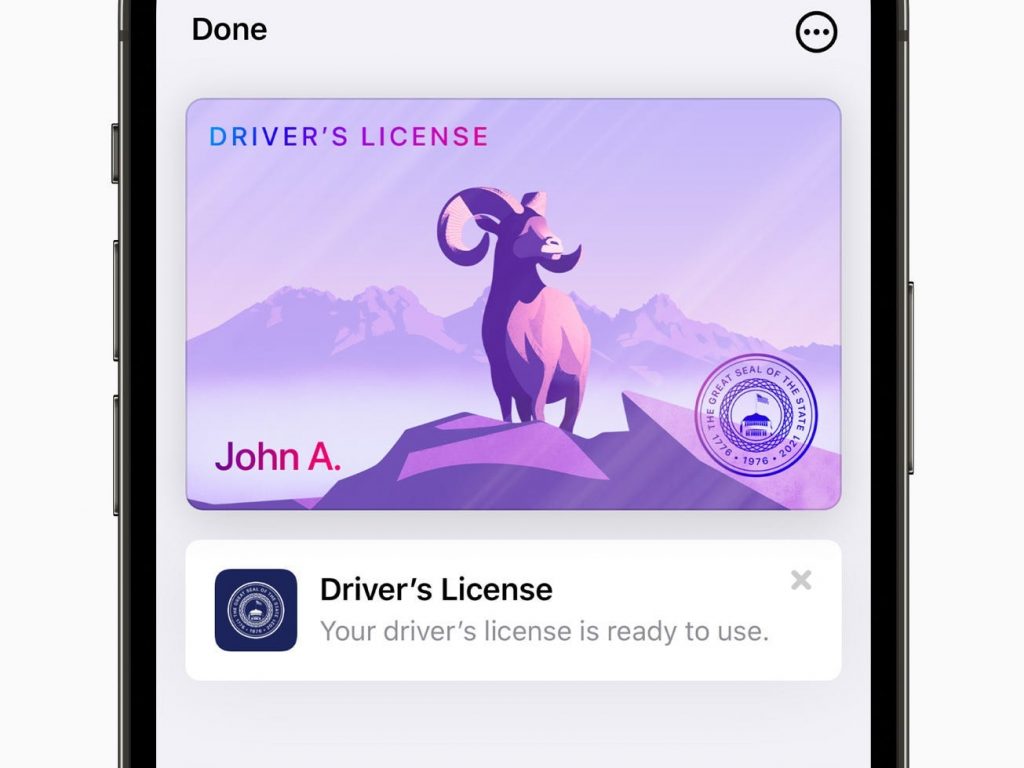
Apple
- Apple is turning the iPhone into a replacement for our keys, wallet, and state IDs with iOS 15.
- The move has the potential to make our iPhones feel more essential than ever.
- It's another way to dissuade iPhone owners from switching to Android.
- See more stories on Insider's business page.
The iPhone's appeal is about much more than just the iPhone. It's about the Apple Watch, AirPods, the Apple Card, Apple Fitness+, and the many other Apple products you probably use as an iPhone owner.
Apple is building on that idea with its next major iPhone update, called iOS 15, which introduces new features that let you replace critical items like keys and ID cards with your iPhone. Other major additions include updates to Apple's core apps that help them better compete with third-party software like Zoom, and tighter integrations between Apple's services.
Apple announced its new iPhone operating system at its Worldwide Developer Conference alongside software upgrades to other important products like the iPad, Apple Watch, and Mac computers.
The conference is always a critical moment for Apple, during which it showcases innovative new features for all of its major products. But it's especially important this year as the company seeks to entice developers amid its high-profile legal battle with "Fortnite" maker Epic Games, which has accused Apple of monopolistic practices over the way it manages the App Store.
Now, with iOS 15, Apple is launching new capabilities that could make the iPhone an even more integral part of everyday life. One new feature, for example, represents a major step forward in Apple's effort to turn the iPhone into a replacement for the most essential items in our purses and pockets: our keys, ID cards, and wallets.
Later this year, iPhone owners in the United States will be able to add their driver's license or state identification cards to Apple Wallet, the company said during the event. Apple also announced that your iPhone will be able to serve as a digital key for your home, hotel room, and office when used with compatible third-party systems. This comes after Apple previously announced efforts to turn your iPhone into a digital car key.
Apple's ambitions to enable your iPhone to serve as a digital wallet have been clear for some time. Apple CEO Tim Cook even said as much in 2014 when unveiling Apply Pay, and the company launched its own iPhone-based credit card called the Apple Card in 2019. But the new features in iOS 15 make that vision more fully realized.
If these digital key and ID card systems are widely embraced, it could make switching to Android much less compelling - or nearly impossible - for iPhone users. When I reviewed the Apple Card in 2019, one of my biggest takeaways was that it made the iPhone feel even more essential to my daily life since I found myself using Apple Pay much more often. Apple Pay had existed for years, but using it only became a daily habit when I started using the Apple Card.
Making the switch to Android would also be more cumbersome since it would mean canceling one of my credit cards. This push to move the rest of our wallet over to the iPhone seems like it has the potential to have a similar impact.
That's not necessarily a bad thing, of course. Why would anyone want to carry around a phone, a wallet, and a key ring when all you really need is your iPhone? Still, it raises the question as to whether the convenience of lightening our pockets is worth becoming so reliant on a single device, especially at a time when lawmakers are questioning the influence and reach of companies like Apple, Amazon, Facebook, and Google.
Apple's new Wallet features are just a few of the many changes coming to Apple's core products later this year. Another major focus of iOS 15 is the way Apple's various products and services work together - a key advantage that Apple's ecosystem has had for years.
A new feature called "Shared With You," for example, surfaces content that friends and family members have shared with you in Apple's Messages app in other corresponding apps like Music, Photos, Apple News, and Safari.
Apple is also giving you less of a reason to turn to third-party video chatting apps like Zoom thanks to its new FaceTime update, which brings the ability to watch movies and listen to music together via FaceTime and create links for FaceTime calls that can be shared and accessed, even on non-Apple devices, through a web browser.
At the same time, Apple has made it easier to use third-party apps with its products and services in recent years. In 2020, for example, it made it possible for iPhone users to change certain app defaults to third-party apps for the first time. And with iOS 15, it's letting HomeKit accessory makers add Siri to their products for the first time.
Still, the overall message is clear: Apple's iPhone ecosystem may be more open than ever, but it's only going to get more difficult to leave it.

